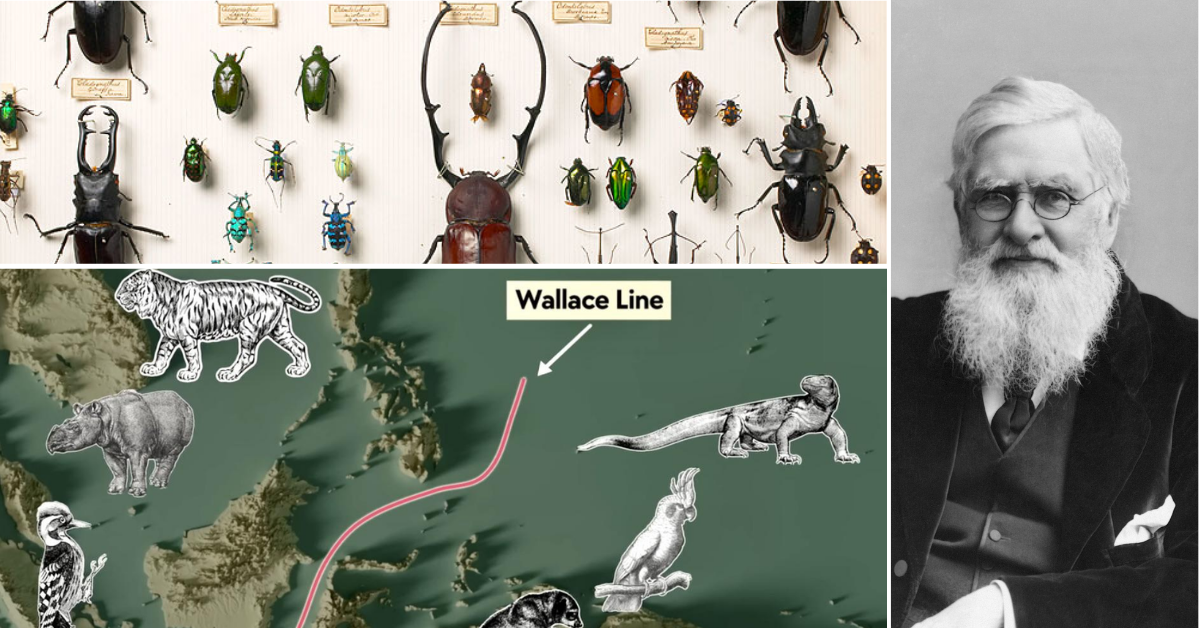Evolution, Exploration, and Exotic Expeditions with Wallace
Lim Tze Tshen, Vertebrate Palaeontologist & Zooarchaeologist, Sarawak Museum and the Geology Dept of Universiti Malaya
04-Dec-23 15:00

Embed Podcast
You can share this podcast by copying this HTML to your clipboard and pasting into your blog or web page.
Close
Born in 1823, Alfred Russel Wallace was a pioneering naturalist and biologist whose significant contributions to the field of natural history paralleled those of Charles Darwin. Wallace independently formulated the theory of evolution through natural selection, a concept he developed during his extensive explorations of the Malay Archipelago, and his groundbreaking work in the 19th century is said to have laid the foundation for modern evolutionary biology. Wallace's collections from the Malay Archipelago included a vast array of specimens, from insects to birds, providing crucial evidence for his evolutionary theories, and his book, "The Malay Archipelago," chronicles his travels and observations, offering invaluable insights into the region's biodiversity and cultural diversity. We reflect on his life with Palaeontologist & Zooarchaeologist Lim Tze Tshen, who is attached with the Sarawak Museum and the Geology Dept of Universiti Malaya, to mark the bicentenary of Wallace's birth, and to discuss how Wallace's life and legacy continue to inspire and shape our understanding of the natural world.
Image Credit: Natural History Museum, PBS, Wikimedia Commons
Produced by: Juliet Jacobs
Presented by: Juliet Jacobs
This and more than 60,000 other podcasts in your hand. Download the all new BFM mobile app.
Categories: History/Heritage, environment
Tags: Alfred Russel Wallace, Wallace Line, naturalist, the malay archipelago, natural selection, evolutionary biology, conservation, fossils,

